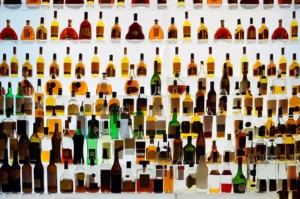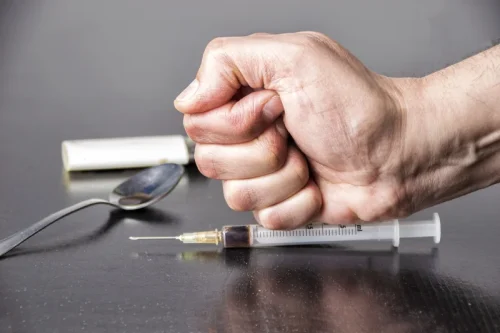
It’s important for group facilitators to address conflicts promptly by encouraging open and respectful communication. Keep in mind the preferences and strengths of the members and provide multiple avenues for learning and growth. By meeting the group’s diverse needs, you can create a more inclusive and supportive environment that encourages sustained participation and recovery.
- I understand that recovery is a process, not a destination, and I am committed to doing the work necessary to maintain my sobriety.
- It keeps the patient’s mind distracted and away from the object of addiction.
- It’s a complex process that can begin long before a person actually picks up their substance of choice again.
The Role of Treatment in Relapse Prevention
Group activities and group therapy as part of addiction treatment programs play a vital role in relapse prevention for people recovering from substance abuse. These activities offer support, build skills to manage triggers and cravings, and foster a sense of community to maintain sobriety. The goal of treatment is to help individuals recognize the early stages, in which the chances of success are greatest [1]. Second, recovery is a process of personal growth with developmental milestones. Third, the main tools of relapse prevention are cognitive therapy and mind-body relaxation, which change negative thinking and develop healthy coping skills [3].
Lifestyle Changes
Regularly reviewing and updating your plan keeps it relevant and effective, ensuring that it continues to serve your needs as you progress in your journey. Schedule regular reviews of your relapse prevention plan to ensure it remains relevant to your current situation. This could be monthly, quarterly, or as needed, based on your recovery journey. During these check-ins, assess what’s working and what isn’t, and make adjustments accordingly. One example of how this approach has worked in practice comes from a study focused on families affected by substance abuse.
What resources are available for families who want to create a relapse prevention plan?
Professional treatment can help manage both the psychological and physical factors of addiction to promote recovery. Addiction is a brain disease and, as such, may involve disruptions to certain brain circuits and neural processes as a result of chronic drinking and/or drug use. Pathways involved in how a person feels pleasure and processes rewards, memory, and decision-making can be altered through substance abuse. With repeated use, alterations in brain chemistry and functioning can result in the development of substance dependence. Once a person becomes significantly physically dependent, withdrawal symptoms and drug cravings may be common side effects if drinking or drug use slows or stops suddenly.
What Are The Three Stages of Relapse?
Since they’ve likely been in your shoes, they may have some insight and suggestions. At Discover Recovery, we work with a wide variety of health insurance providers so those in need can get access to the treatment they need. That means you (or your loved one) won’t have to worry about covering the cost of treatment. Instead, all of your energy and focus can be spent where it’s really needed, which is on overcoming addiction.

Emotional Relapse
Routines provide a sense of stability and certainty that helps individuals stay on track towards their goals. In the context of relapse prevention, establishing consistent routines is essential to help your loved one maintain sobriety. This process involves identifying the positive qualities and skills that members of the family possess, such as good communication skills, empathy, or problem-solving abilities. By leveraging these strengths, families can create a supportive environment that promotes healthy coping strategies and reduces triggers for relapse.
You can achieve this by recognizing your triggers and developing healthy coping skills. A https://ecosoberhouse.com/ is essential for recognizing warning signs and ensuring sobriety. With the guidance of experienced professionals, these plans offer strategies for behavioral change.
Opioid Addiction and Dependence Counseling: Effective Strategies for Recovery
They can be obstacles to recovery, because individuals may feel that they have been damaged by their addiction and they don’t deserve recovery or happiness. Clinical experience has shown that self-help groups help individuals overcome their guilt and shame of addiction by seeing that they are not alone. relapse prevention plan Probably the most common misinterpretation of complete honesty is when individuals feel they must be honest about what is wrong with other people. I like to tell patients that a simple test of complete honesty is that they should feel “uncomfortably honest” when sharing within their recovery circle.
Most people have very specific triggers — spend some time figuring out what your precise triggers are so that you can avoid them. A common acronym heard in the recovery world is HALT — hungry, angry, lonely, and tired. Acknowledging that future relapses can happen allows you to approach them proactively. Having a plan in place can make all the difference in handling a relapse and continuing on your path to recovery.

Laisser un commentaire